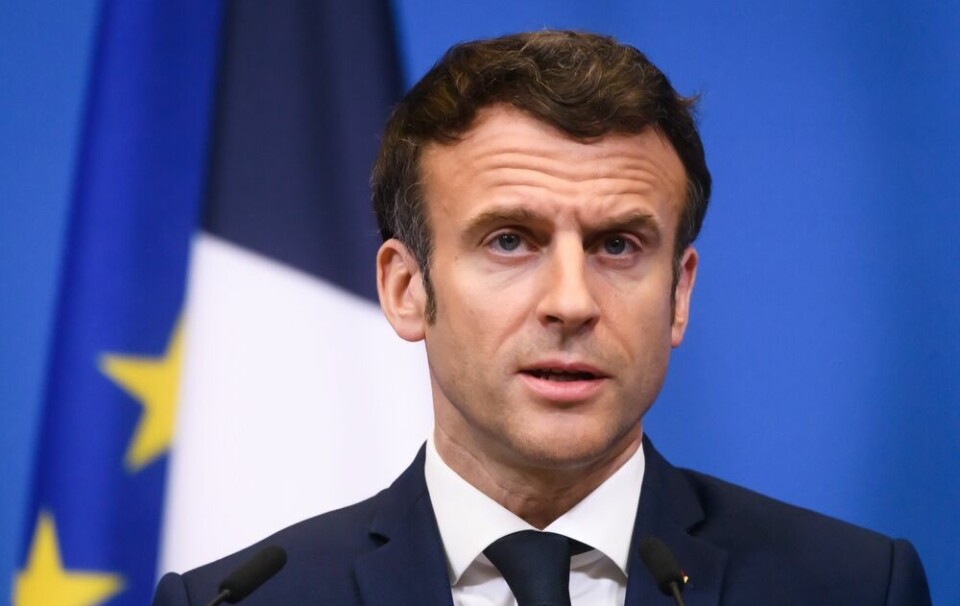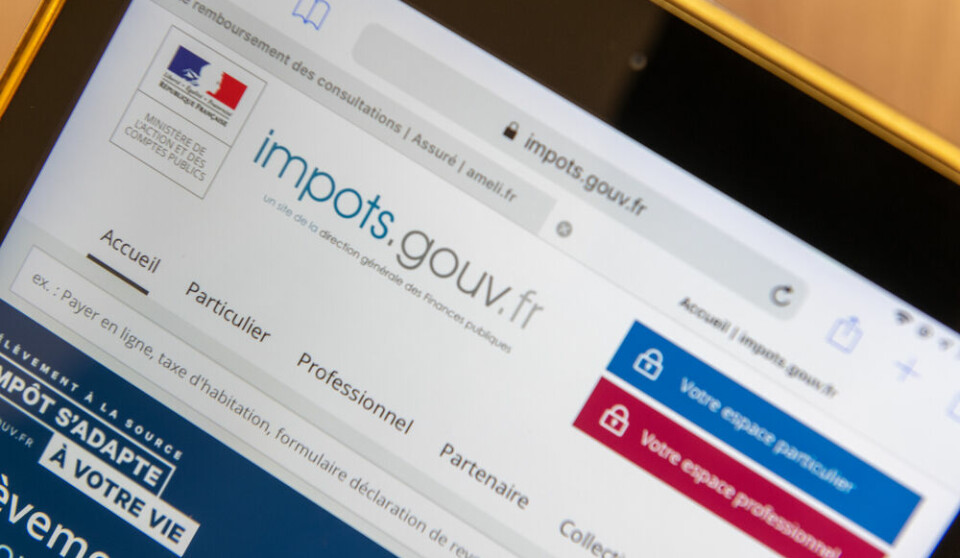-
PHOTOS: Olympic Flame to travel to France on beautiful historic ship
The 127-year-old ship sets sail on Saturday with ‘the most important passenger it has ever carried’
-
Phone scams, gardening, insurance claims: 5 French practical updates
Our roundup of recent practical articles you may have missed
-
Picnic in Paris? Chance to join huge meal on Champs-Elysees
The event could even be record-breaking. You can now apply for your chance to take part
EU places all its Brexit documents on public site
The European Union is pledging ‘maximum transparency’ during the whole of the Brexit negotiations, by publishing a public website where says it will make all of its negotiating documents freely available.

This is so the public can see what is being discussed and asked for, at every step of the way.
The documents will include all of those the EU Commission shares with EU27 leaders and parliaments, other EU bodies and the UK government.
So far, the site – which is accessible here – offers the EU’s overall negotiation directives, which we reported on last week, as well as two detailed ‘position papers’ about its essential principles on citizens’ rights and the financial settlement (also known as the ‘Brexit bill’).
Agreement on these – both expat rights and a general consensus on what will be covered by the Brexit bill, if not necessarily the precise figure – will be a priority for EU negotiators in the opening months.
EU chiefs have said agreement on these is necessary if discussions are to move on to further matters such as a ‘framework for the future relationship’, including broad principles on trade. However they say a detailed trade agreement would be negotiated after the UK leaves, perhaps with ‘transitional arrangements’ agreed beforehand to cover the period before the trade deal is signed off.
Other documents that the EU says will go onto the site will include agendas for negotiating rounds and ‘EU text proposals’.
The transparency policy will be regularly reviewed to make sure it is not having a negative impact on the negotiations, says the European Commission, which has the lead role in running the negotiations on the EU side.
Stay informed:
Sign up to our free weekly e-newsletter
Subscribe to access all our online articles and receive our printed monthly newspaper The Connexion at your home. News analysis, features and practical help for English-speakers in France
Due to the UK’s general election on June 8, the ‘article 50 negotiations’ have still yet to start, with a date of June 19 having been pencilled in.
The clock is ticking – Commissioner Michel Barnier, who will represent the EU in the negotiations, has previously stated that they should aim to have a deal by October 2018.
This is to give time for the deal to be ratified by the European and UK parliaments, then signed off by the UK and European Council in order for the country to leave two years after article 50 was triggered, on March 29, 2019.
According to research published by the Financial Times, once the UK leaves the EU it will also leave 759 agreements worldwide between the EU and ‘third countries’, some of which will have to be renegotiated as a matter of urgency.























